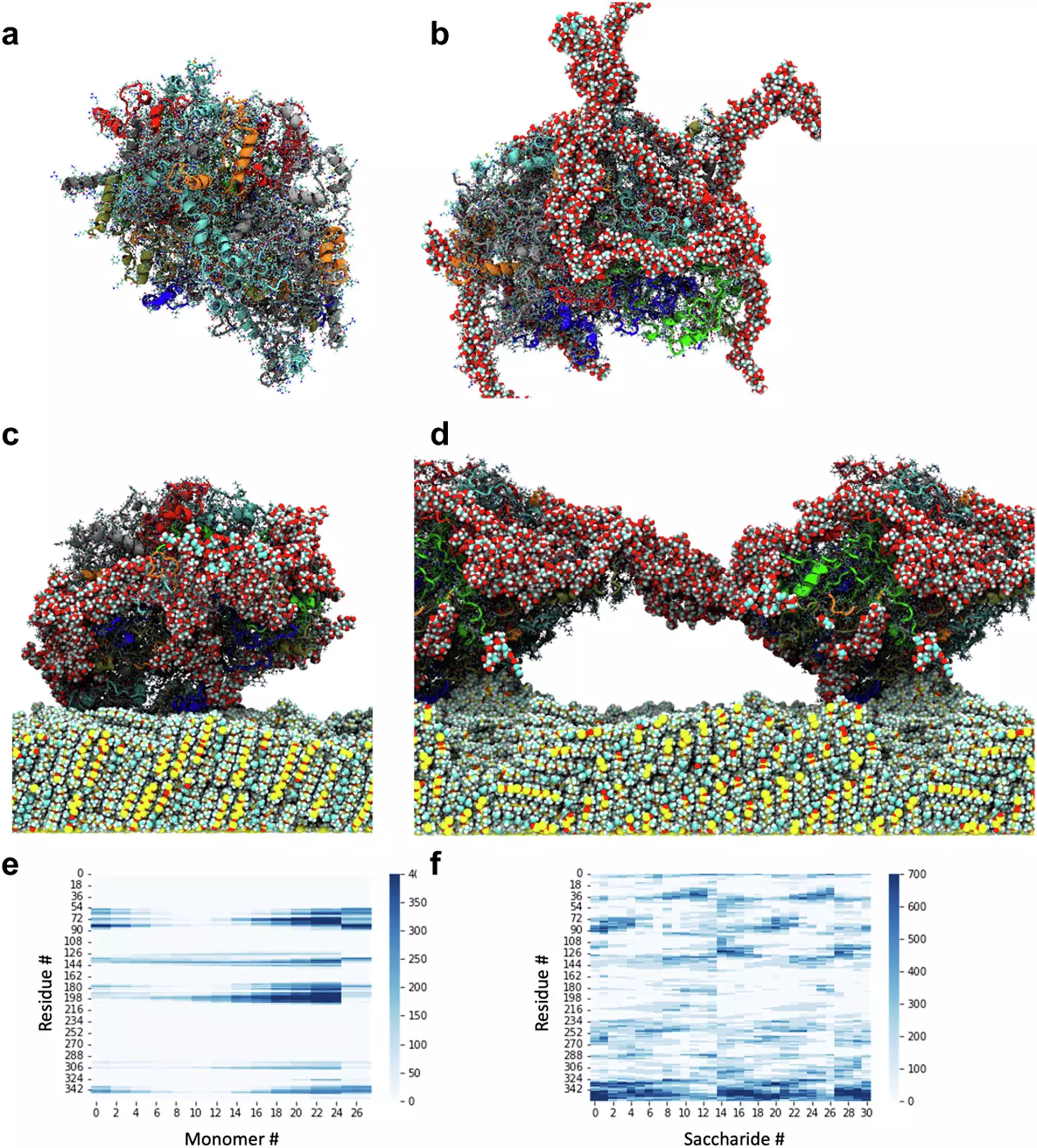Recent advancements in material science have set the stage for a significant breakthrough: an oil-free super-lubricant derived from potato proteins with promising applications in engineering and biomedical fields. Research led by the University of Leeds demonstrates that this innovative, aqueous lubricant achieves remarkably low friction, akin to the synovial fluid found in human joints. Historically, the pursuit of an efficient and environmentally-friendly lubricant has faced obstacles, particularly with the reliance on synthetic materials. However, this research brings forth an exciting alternative that focuses on harnessing the natural properties of plant proteins, reflecting a shift towards sustainable engineering practices.
The conventional lubrication industry has been predominantly reliant on synthetic chemical formulations that, while effective, pose significant environmental challenges. Most aqueous lubricants continue to derive their components from non-renewable sources or petroleum-based products. As awareness of environmental issues rises, there is an urgent demand for more sustainable solutions that minimize carbon footprints. The University of Leeds’ research team is not only addressing this gap but also ushering in a new paradigm of material engineering that prioritizes plant-based resources.
Utilizing potato proteins as a key ingredient exemplifies the potential for reimagining waste materials into value-added products. As a by-product of the potato industry, these proteins are readily available and contribute to a circular economy, thus bolstering sustainable practices in resource management.
The unique properties of this plant protein-based lubricant can be attributed to the self-assembled architecture it forms in conjunction with biopolymeric hydrogels. This intricate design allows for hydration lubrication, which minimizes friction at the molecular level. Research lead author, Professor Anwesha Sarkar, emphasizes that this innovative material design not only accomplishes impressive lubrication properties but also hinges on biological principles that have evolved over time. By mimicking the natural processes observed in living organisms, particularly the functionality of synovial fluids, the researchers have developed a lubricant that resonates with existing biological systems.
Such friction-reducing capabilities suggest vast implications for various applications. As first author, Olivia Pabois, notes, the lubricant could potentially be a game-changer for producing artificial synovial fluids—crucial for joint health— as well as enhancing the viscosity of bodily fluids like tears and saliva. This opens new avenues in medical treatments and necessary interventions for individuals suffering from joint-related ailments or dry eye syndrome, showcasing the lubricant’s dual functionality in both everyday objects and biomedical settings.
This groundbreaking research doesn’t merely reflect individual success; it symbolizes the strength of international collaboration. The multidisciplinary team, which includes experts from renowned institutions such as the Weizmann Institute of Science in Israel and King’s College London, showcases how combining diverse scientific expertise can lead to outputs that are greater than the sum of their parts. Professor Jacob Klein, part of the Weizmann Institute team, notes that this research was birthed from collaborative relationships initiated as early as 2019, demonstrating the enduring value of academic partnerships.
Professor Chris Lorenz from King’s College London reinforces this perspective, highlighting the essential nature of merging molecular dynamics simulations with practical experimentation. Such interdisciplinary approaches facilitate the exploration of the fundamental interactions that enhance lubrication properties, enabling researchers to rationally design materials with optimized functions.
Future Implications and Possibilities
The implications of this research extend beyond immediate applications in medicine and food technology. As the need for sustainable materials continues to escalate globally, the success of this potato protein-based lubricant might lead to further exploration into developing similar materials derived from other agricultural by-products. Additionally, the principles underlying self-assembly could enable researchers and engineers to innovate new forms of eco-friendly materials across various industrial sectors.
This study not only marks a pioneering step toward creating environmentally conscious lubricants but also presents a vital opportunity to fundamentally transform engineering and biomedical practices. As society recognizes the importance of sustainability, innovations like these will likely play a crucial role in shaping the future of material science.

